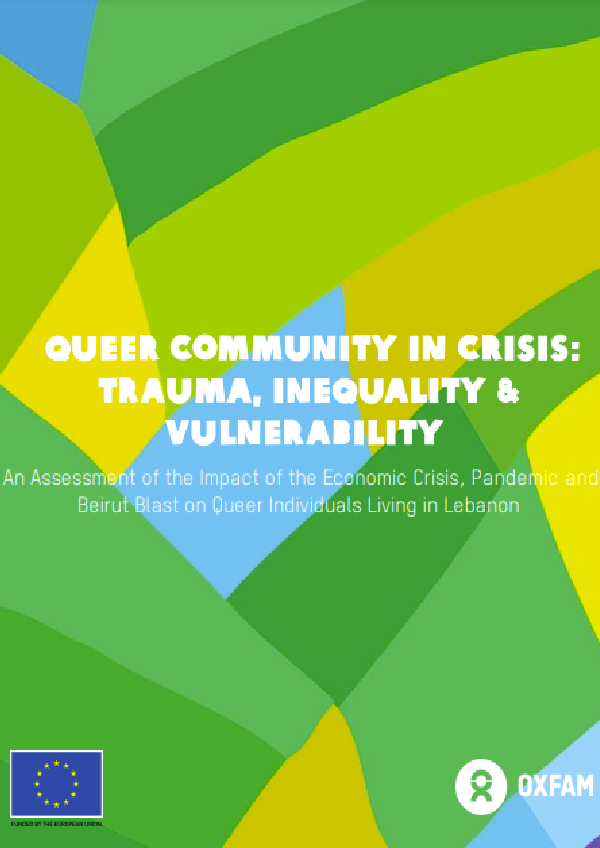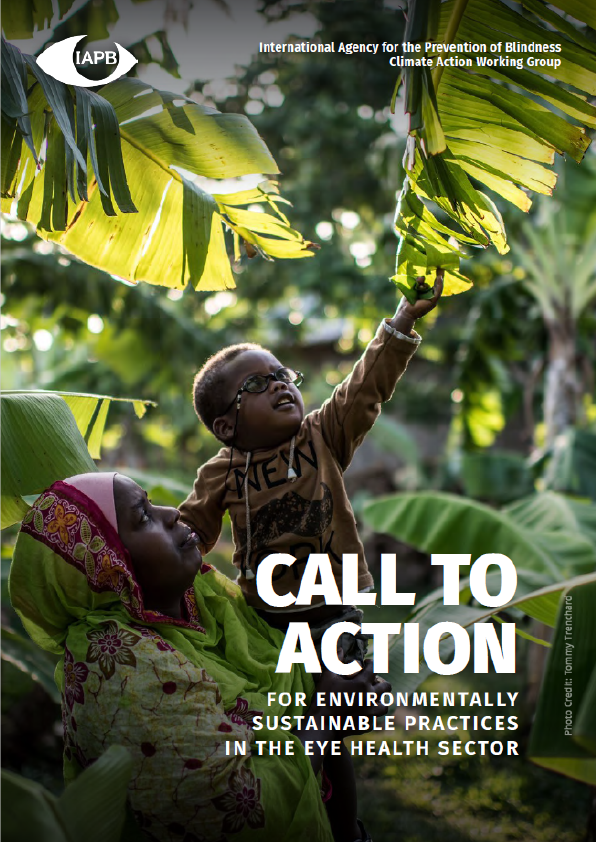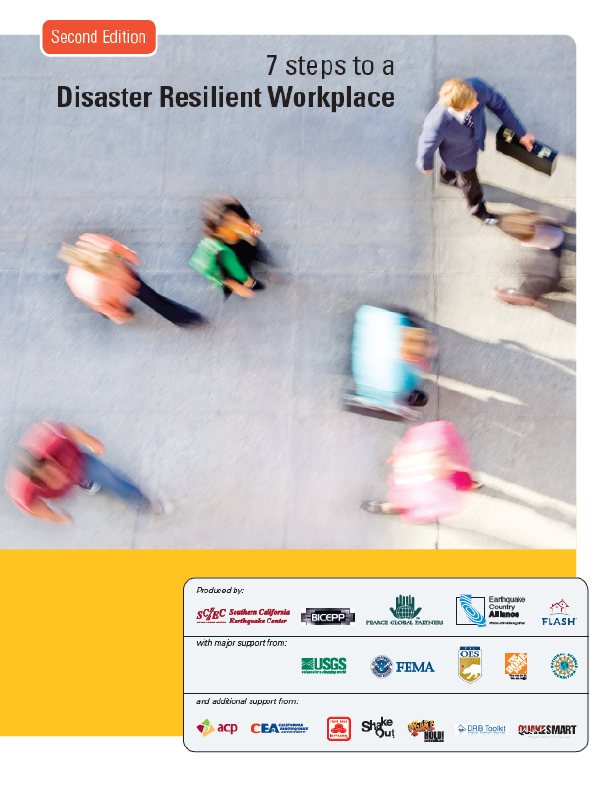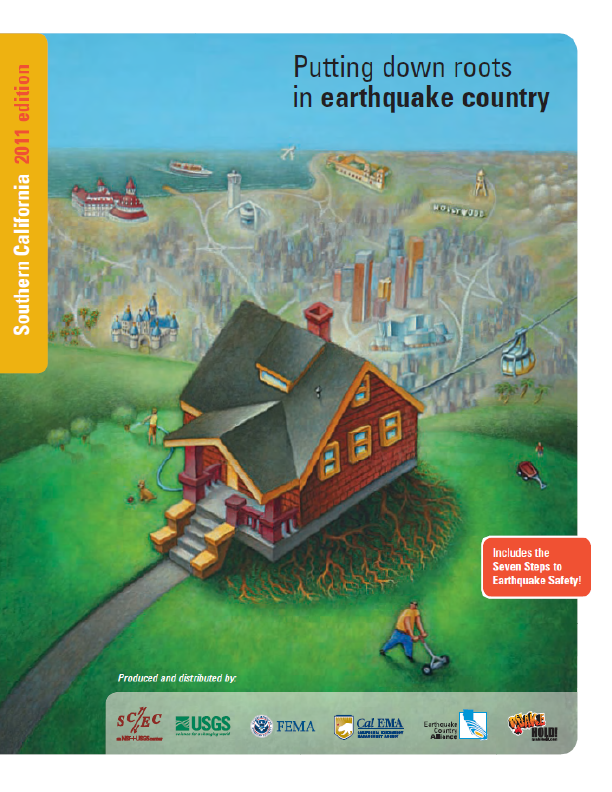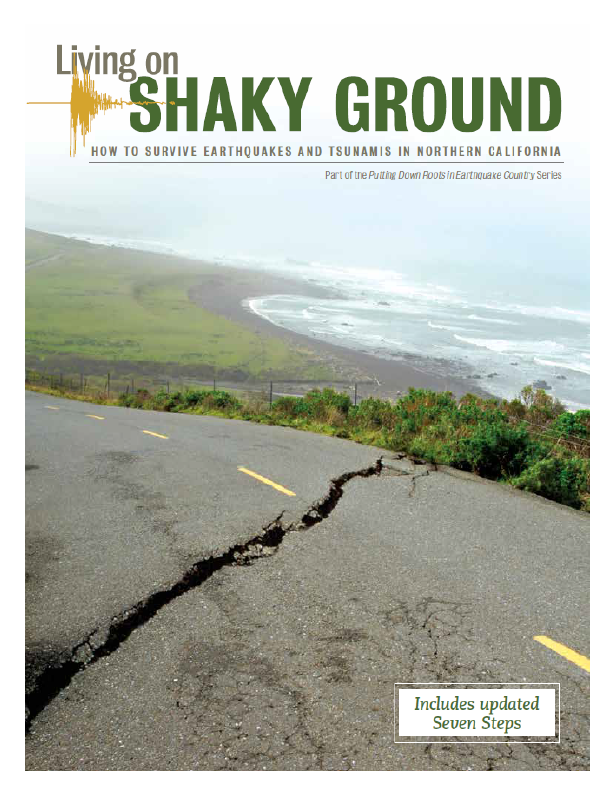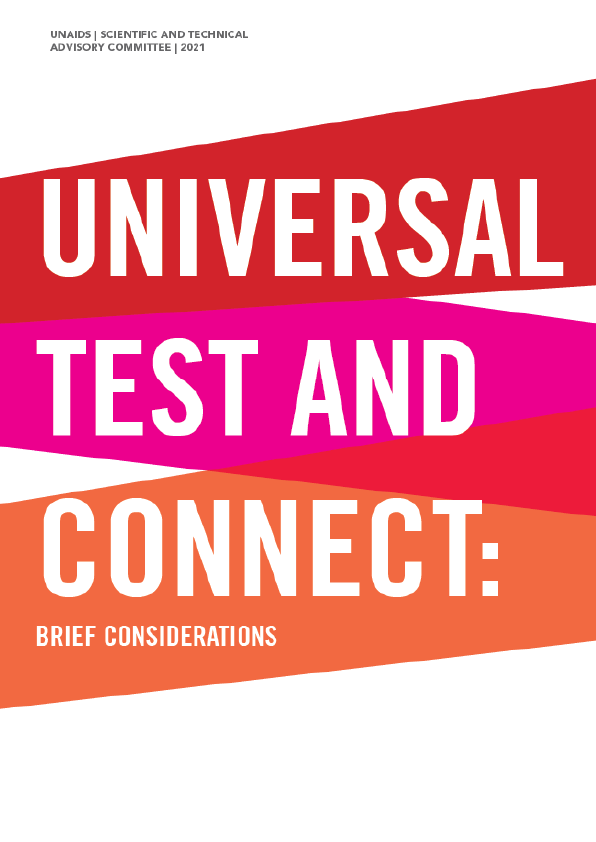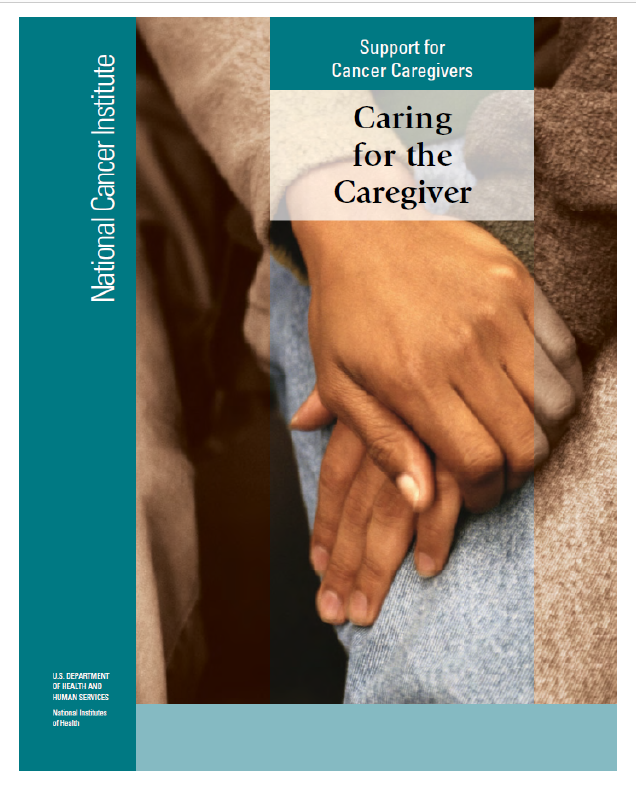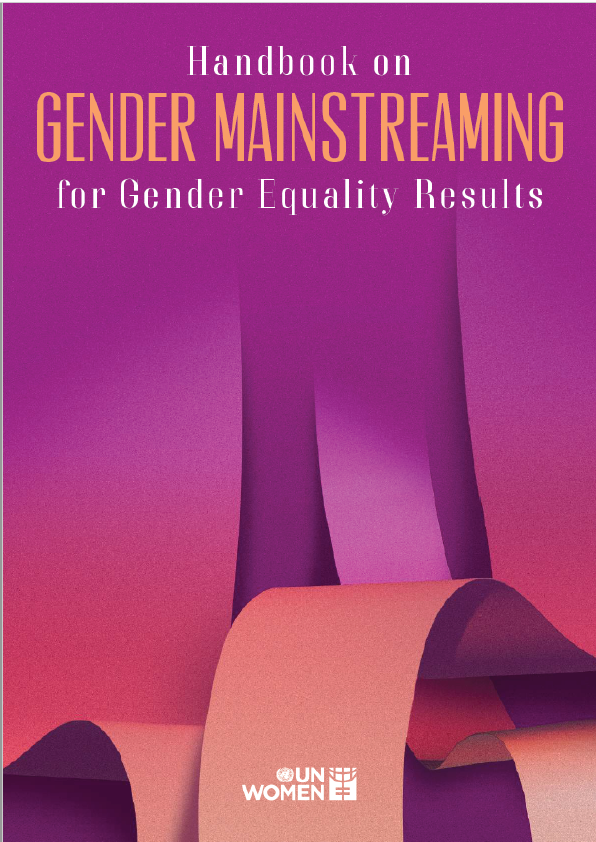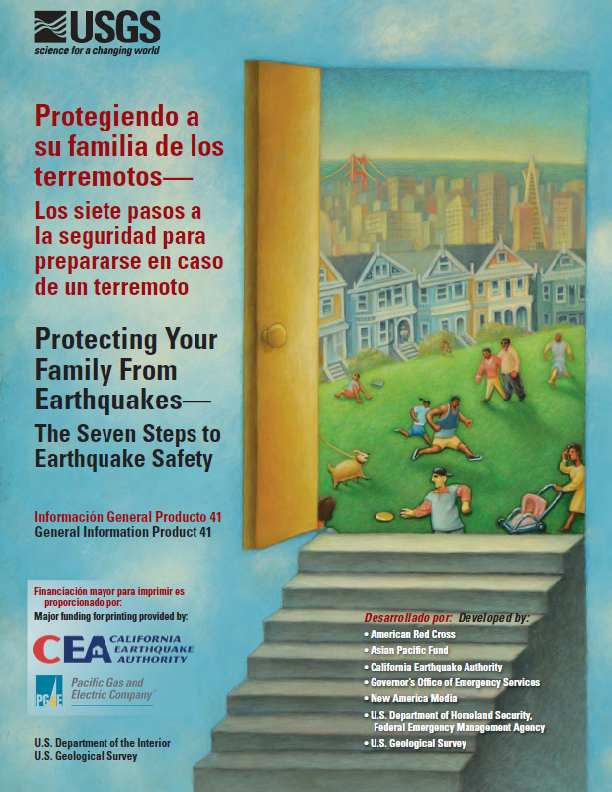Since 2019, Lebanon has been witnessing multiple and interlinked crises that have shaken its very foundations and threatened the security, health, livelihood, and development of its population. These included major political upheavals, a severe economic crisis, the COVID-19 pandemic, and the Beirut Port Blast. Crucially, it has impacted minority groups – including the queer community – to a larger extent, not only because of the explosion that destroyed an area that is one of the few known to be inclusive of queer individuals, but also due to lockdown restrictions and subsequent financial hardships that limited opportunities for mobility, income-generation, social connections, and safe shelter. However, the extent of the damage resulting from these crises, along with their subsequent effects on queer individuals, is limited given the scarcity of research conducted on this topic. To that end, Oxfam sought to investigate this topic in an attempt to map the needs, inform future relief efforts, and call for specific policy reforms.
The aims of the study are threefold: (1) to understand the impact of the multiple crises on queer individuals living in Lebanon, (2) to map available and needed services and resources that meet their needs and challenges, and (3) to generate recommendations to guide and support future efforts targeting the LGBTQI community in Lebanon. Through a mixed-methods design, Oxfam in Lebanon launched multiple efforts in which qualitative and quantitative data was collected from various groups and stakeholders. These included (1) an online survey which 101 queer individuals across Lebanon completed, (2) interviews with three business owners of queer-friendly venues, one urban planner, two representatives of informal aid groups, and ten interviews with Queer Individuals, and (3) a focus group with five representatives of LGBTQI Civil Society Organizations. Data was collected between December 2020 and March 2021. Qualitative data was analyzed using qualitative content analysis, whereby themes were reported for each group, and quantitative data was analyzed and reported through a descriptive approach. A synthesis and triangulation analysis of all data was reported in the discussion section.
Given the extent of the collected data and the diversity of the targeted groups, the thematic analysis for each group yielded different yet complementary results that were synthesized and discussed under the following categories: (1) loss of homes and safe spaces, (2) growing needs for basic assistance, and (3) struggling mental health and psychological wellbeing. Notably, the findings highlight disproportionate effects on queer individuals across all three categories, whereby socioeconomic standing, nationality, and gender identity played significant roles in their responses to the crises. Those exposed to larger discrimination and those impacted by legal restrictions, including trans individuals and refugees, are in higher need of assistance to meet basic survival needs such as shelter, food, health services, cash, and opportunities for income generation. Other queer individuals discussed the importance of the symbolic representation of the area affected by the blast, and the potential loss to the queer culture that could ensue from the damages. Important findings from the synthesis of the data highlighted the necessity of (1) providing shelter to vulnerable individuals, (2) protecting queer individuals from abuses not only from potentially abusive household members, but also from police and security forces, (3) providing opportunities for legal income generation, (4) improving access to mental health services, (5) improving access to essential medications for chronic conditions, and (6) increasing spaces, venues, and community centers that are inclusive of queer individuals. Each of these points along with subsequent policy recommendations are discussed in this report.
